
As educators in the early learning phase, we believe that we are tasked with the responsibility to make sure our learners are reaching their milestones at the correct time. If we can assess that a young learner is struggling at an early age, we will be able to assist and work on lacking developmental issues, before it is too late.
In this article, I will discuss some common difficulties in the early learning phase.
Speech
Speech alone has various problems, some of which are a stutter or lisp. Unfortunately, I have found that parents and teachers alike might find this cute and not address the issue until it is too late. Some possible reasons for these disorders include weak muscles, using a pacifier for longer than recommended, and hearing difficulties.
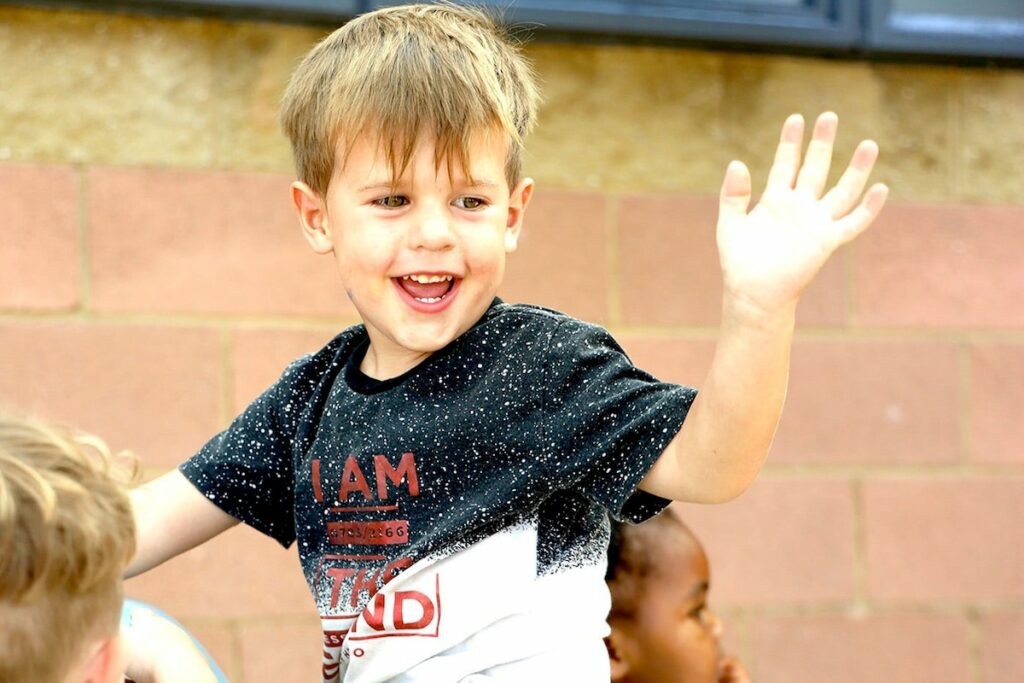
Parents and educators should look out for the following signs:
- trouble imitating sounds
- prefer gestures over vocalizations
- can’t follow simple verbal instructions
- can’t pronounce words and be understood
- aren’t using at least 25 words at age two
Some activities that can be done at home and in the classroom to improve speech:
- Strengthening mouth muscles – do exercises such as blowing a feather and drinking from a straw.
- Let learners watch themselves in a mirror: let them make funny faces and move their tongues in and out or up and down.
- Let the learners read you a story.
- Allow them to talk their way through the day.
Hearing
Hearing impacts one’s speech. Hearing problems include common ear infections, exposure to loud noise, or having meningitis- a swelling of the protective membranes covering the brain and spinal cord.
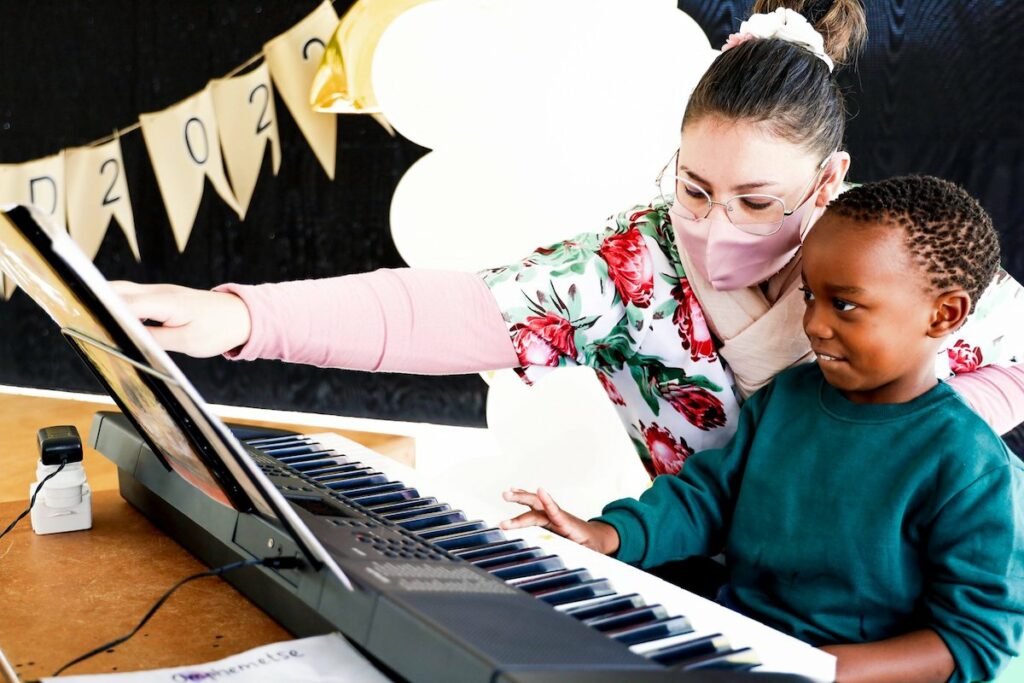
Parents and educators should look out for the following signs:
- Your child does not react to loud sounds.
- Your child does not seek out or detect where the sound is coming from.
- Your child has stopped babbling and experimenting with making sounds.
- Your child babbles but is not moving to more understandable speech.
- Does not react to voices, even when being held
Eyesight
We may find that learners squint, tilt their heads, sit too close to the television, hold something close to their eyes, or rub them constantly. These could be signs that a child is having difficulty seeing.
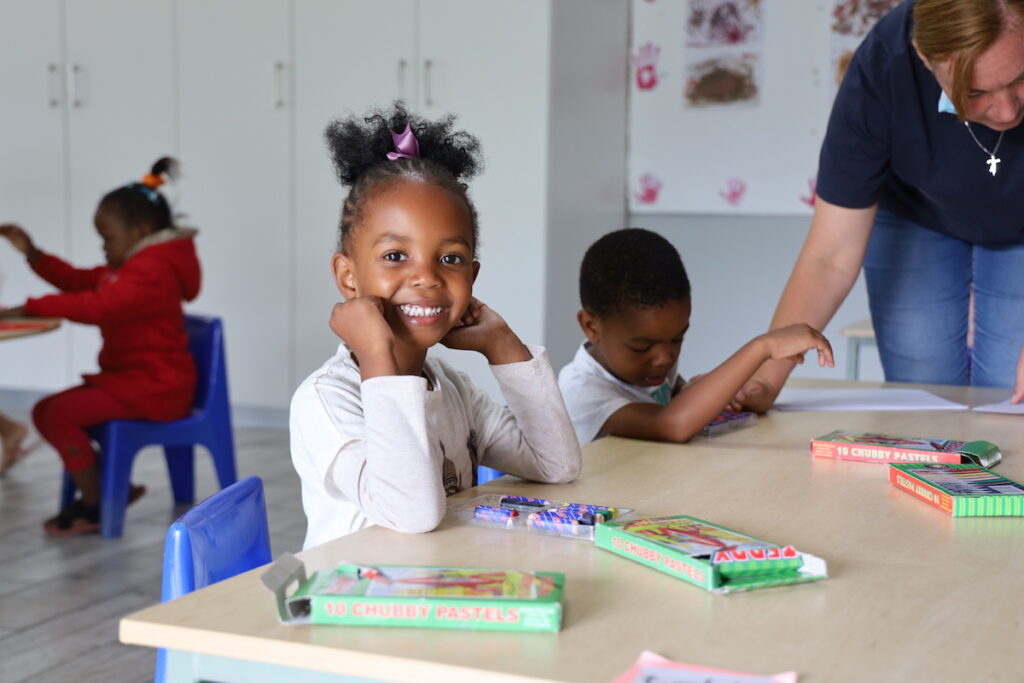
Many early foundation schools have professionals who come out to assess learners’ speech, hearing, and sight. If an educator or parent suspects any of the above problems, they must address the issues as soon as possible.
Long-term treatment or helpful activities may allow a learner to overcome developmental issues before it is too late.
In conclusion, the parent and educators are responsible for ensuring development is taking place at the correct time. Early detection is vital.
- SCREEN TIME AND ITS’ EFFECT ON LANGUAGE DEVELOPMENT - March 15, 2024
- Is your child a bully? - March 12, 2024
- Emotional and Social Milestones of a 6-year-old - October 17, 2023

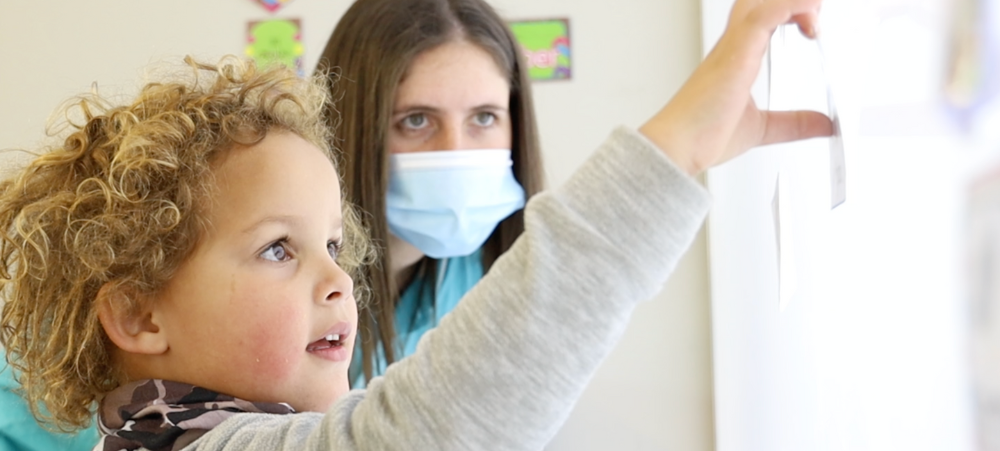
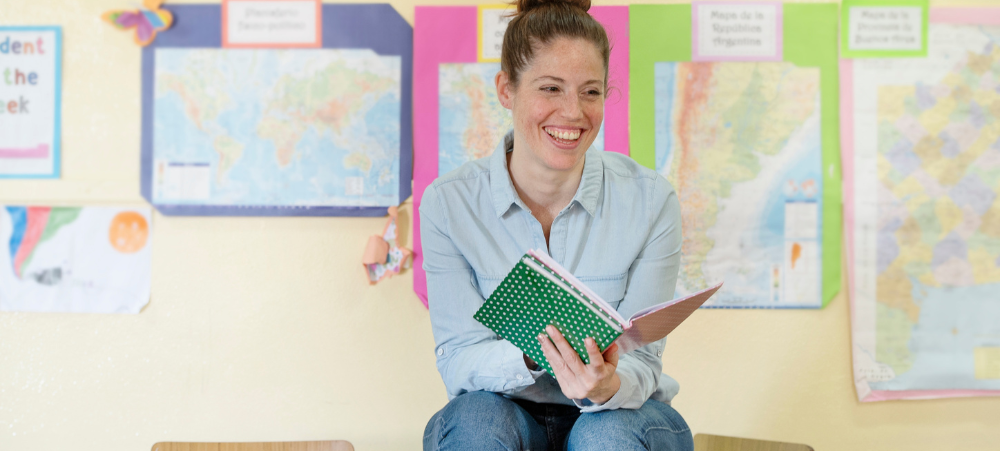
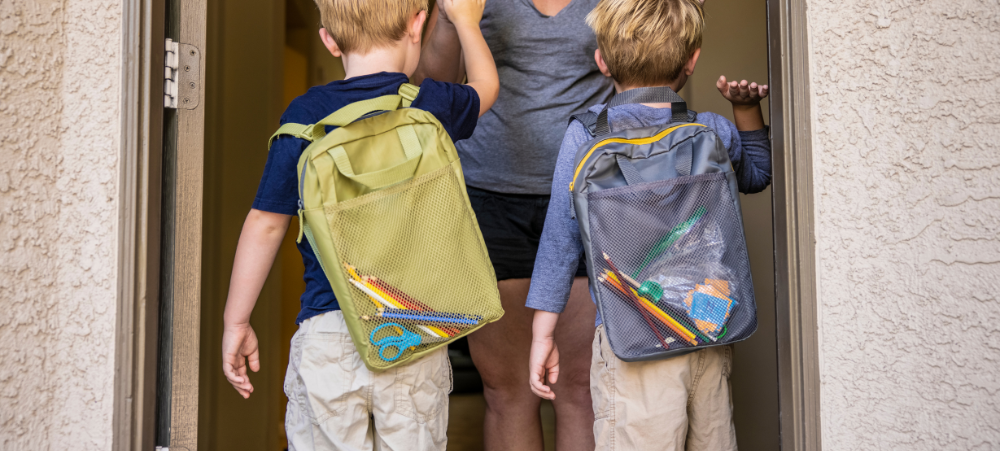


1 thought on “Learning difficulties and ways to improve”
I actually never realised that my child was hearing impaired…. it was only when she started school that her teacher figured it out. Teachers play a valuable roll in our children’s lives. Because she was interested, my daughter got the help that she needed and is now thriving